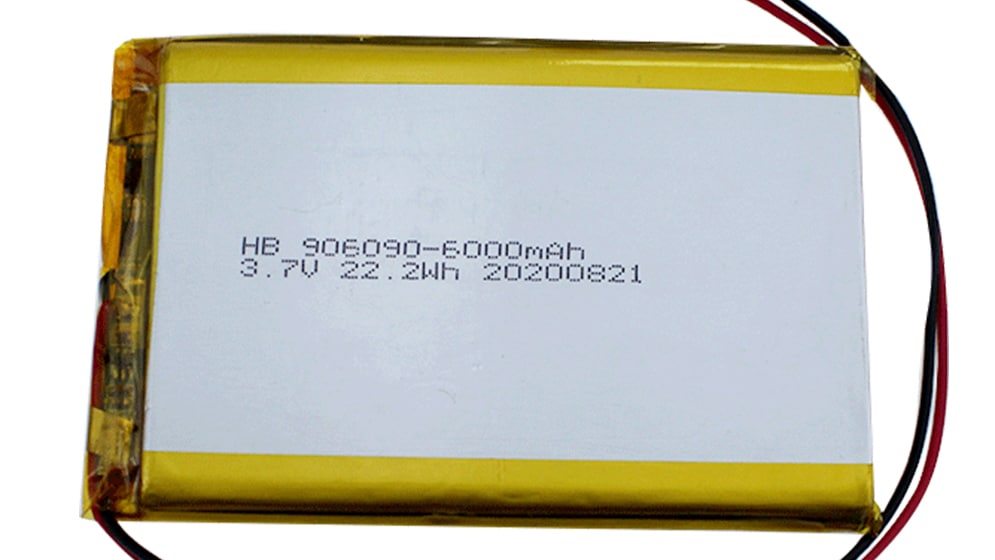- Curved Lithium Polymer battery
- Fast Charge Polymer Battery
- Flexible Polymer Lithium Battery
- Ultra-thin Polymer Battery
/ Blog / Battery Knowledge /
Lithium polymer battery
One of the most overlooked aspects of battery life is actually the charge rate - a battery will provide less power to a device if it has been charged up all the way.
Due to the increase in lithium polymer battery use, these batteries have been gaining popularity because of their low weight and high charge rates. Additionally, they are resistant to both heat and moisture.
But despite all the benefits, there is still a fairly significant downside: they do not last as long as other types of batteries because they dry out faster when charged up.
There are many solutions for this, including supersole (a special coating that keeps lithium ion batteries from drying out) and other methods, but there is one that has been followed by the majority of manufacturers. Because these batteries do not use the traditional liquid or paste electrolyte, they require a soft gel to act as the electrolyte. This gel is placed between two electrodes of the battery and with a high voltage applied to them, it forms an electrical current to flow between the two electrodes.
The battery consists of a polymer (conductive, heat-resistant material) that contains a lithium salt and this is surrounded by an insulating liquid. The insulating liquid prevents the polymer from spilling out and it also prevents the electrolyte from bursting into flames if there is an electrical short circuit.
Because of the nature of the lithium polymer battery, there are no electrolytes that could spill out. Since there is no electrolyte present, this prevents any possibility of any leakage from occurring. This means that the risk of fire or an explosion is even lower than a traditional lithium ion battery.
It also takes much less time to charge up these batteries and they can maintain a large rate of discharge. This makes it possible for companies to avoid the need for charging.
Benefit
The main benefit of lithium polymer batteries is that they are very good in terms of power density. This means that the amount of energy storage is greatly increased, which will mean that more power can be stored in the same space as well as with less weight. The other benefit is that it takes less time for a battery to recharge, especially when compared with lithium ion batteries.
Drawback
The main drawback is that lithium polymer batteries are known for drying out. When this happens, the battery stops working, so it will need to be replaced. However, there are ways that a person can avoid the problem of these batteries drying out and thus reduce the risk of having to replace them.
Generally, lithium polymer batteries are vulnerable to a very fast degradation and they cannot offer high energy density. The current lithium polymer technology is quite expensive.




